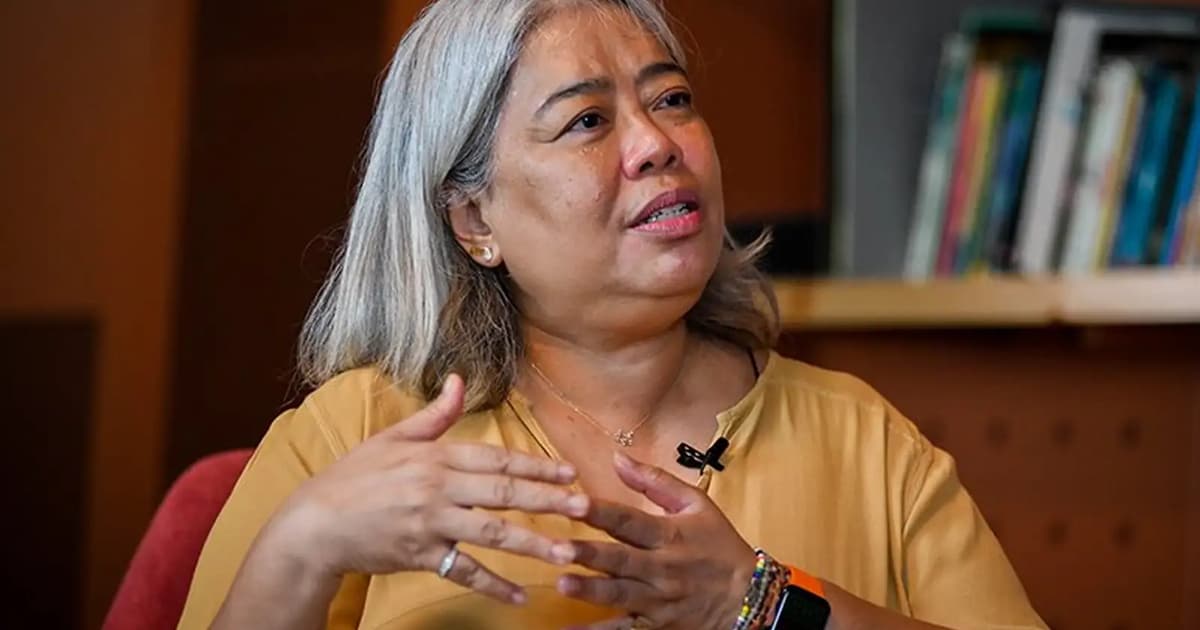
A child rights activist has called on Putrajaya to overhaul adoption laws and procedures, citing systemic oversight failures after a syndicate was found exploiting legal loopholes to sexually abuse infants.
Yayasan Chow Kit co-founder Hartini Zainudin said Malaysia currently has two parallel adoption systems, each with weaknesses of its own, but claimed the process involving the national registration department (JPN) appears to be more worrisome.
Hartini said one route for adoption was via the courts under the Adoption Act 1952. This process requires a social welfare officer, appointed as guardian ad litem, to conduct an investigation and furnish a report.
She said the court will issue an adoption order at the end of the legal process, which has the effect of severing all ties between the child and their biological family.
Hartini said this process, though encumbered by outdated legislation, was closer to current international standards.
The alternative route, under the Registration of Adoptions Act 1952 and involving JPN, allows parents or those who claim “de facto” custody of a child to register them with the department after two years.
“Here, there is much less oversight with no court proceedings, no strong welfare checks, and very little scrutiny of the adopter’s background,” she told FMT.
“The biological parents’ rights are not fully extinguished, meaning the child remains in a legal grey zone.”
Hartini claimed this system is open to abuse, and allows for trafficked children, undocumented babies and informal transfers within families to be legalised without adequate safeguards.
She said it offers paedophiles the opportunity to bypass rigorous court systems to gain legal custody of children with minimal checks.
What must be done first is to unify the country’s adoption laws by merging the current dual-track system into a single, modernised adoption law, said Hartini.
“Close the JPN ‘private adoption’ loophole by requiring court oversight in every case. Mandate criminal and sex offender registry checks for all prospective adopters.”
Hartini also called for a national adoption board or commission to be established under the social welfare department (JKM), with power to coordinate between the courts, JPN, police and Suhakam.
The activist said adoption oversight is presently fragmented between the courts, JPN and JKM, with JKM only focused on the welfare aspect.
“There is no central body for adoptions or mandatory cross-checks against criminal or sex offender databases,” said Hartini.
Last month, Bukit Aman busted a syndicate helmed by a mastermind who allegedly recorded himself sexually abusing children and babies before selling the videos to selected local and foreign buyers.
The suspect, 29, is alleged to have obtained a “supply” of victims via posts on Facebook offering babies for adoption. Police claim he secured custody of his victims by legally adopting them.
Videos of the victims being sexually abused were then sold to buyers via the Telegram messaging app and on the dark web.
Three children and two babies were rescued and placed under JKM’s care after the syndicate was busted, while 10 others — two Malaysian women and eight foreigners — were arrested to assist in investigations.
Adoption laws severely outdated
Hartini said both the Adoption Act and the Registration of Adoption Act were enacted in the 1950s, before issues such as trafficking, paedophilia, and cross-border child movement became serious concerns.
She said modern day adoptions must be backed by clear documentation and should be subjected to thorough judicial scrutiny and welfare assessments — with avenues made available for red flags to be raised.
“The guiding principle must be the best interests of the child, in line with UN Convention on Rights of a Child standards. Include post-adoption monitoring, not just a one-off check after adoption.
“This case is not just about a procedural miss. It is the culmination of antiquated laws, fragmented systems, and lack of political will to modernise adoption and child protection frameworks,” she said.
However, Hartini warned against making the country’s existing sex offender registry public, for fear of sparking vigilantism and harassment.
“A blanket public list paints all with the same brush, even those with low risk of reoffending, and especially if perpetrators are under 18. It’s different from offenders who are over 18.
“Even the best registry is useless if the adoption pathway itself is porous. Without reforming the dual-track system, predators will always find the weakest link,” she said.






